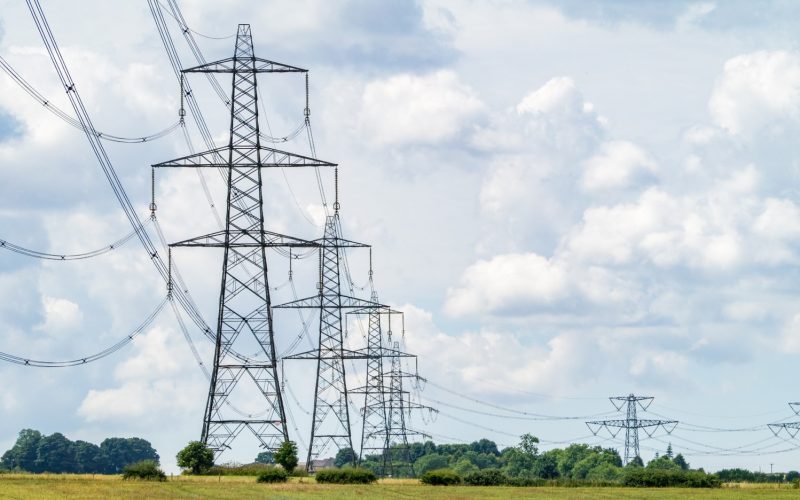Published on: March 22, 2019 at 9:03 AM
Energy & Utility Skills response to the Ofgem RIIO-2 consultation on price controls for the network companies running gas and electricity transmission and distribution networks, fully supports Ofgem proposals to explicitly include workforce resilience as a requirement within the final RIIO-2 approach and business plans.
Following consultation with Ofgem in 2018, the National Skills Academy for Power (NSAP) set up a GB-wide consultation group for power and gas transmission and networks to bring a dedicated focus to the subject of human capital. Energy & Utility Skills has also engaged with main trade unions and key supply chain contractors.
The NSAP strategy group worked through labour market intelligence, workforce policy, comparable utility regulation and the main workforce resilience issues, to share evidence and recommendations with Ofgem pre and post the Sector Specific Methodology release.
Energy & Utility Skills fully support Ofgem in including workforce resilience as a formal requirement for RIIO-2 business plans and expectations for companies to have a sustainable workforce strategy. However, the thinking for securing a long-term workforce strategy needs to extend beyond the RIIO-2 period, and include consideration of the supply chain as well as direct labour. There was consensus on Ofgem’s definition, that resilience is not just about network assets, it is also about the people and processes put in place to build, operate, repair and maintain those assets, particularly when networks are under stress. Human capital with sustainable technical skills is vital to maintaining the level of service customers expect over the long term.
Ofgem’s statement to stakeholders at their London RIIO-2 workshop that: “We want to make sure that the labour force is maintained and human capital is kept in the industry” is essential to operation resilience and investment in the energy sector’s labour force and that productivity is directly in the interest of current and future consumers.
Energy & Utility Skills recommend that extraneous factors such as changes within the UK economy and strategic decisions by the UK Government should be better defined in terms of levels of risk and this should not be left to individual companies to try and manage alone. The NSAP group can help Ofgem build routes to evidence and agree the best way to accommodate the many variables to optimal approaches to regulatory price setting.
The NSAP group reached consensus that any company submitting a business plan funded under RIIO-2 should be able to evidence delivery against commitments and strategic objectives. Approaches to proving delivery ranged from the macro to the micro and a strategy session on extraneous factors for regulated companies with Ofgem, facilitated by NSAP and Energy & Utility Skills has been formally offered.
The general view on macro measures of delivery is that Ofgem can require each company to show they have built the workforce resilience strategy the RIIO2 scenario requires, and each company should set out its own milestones for achievement according to its own regional issues. Companies are seeking a more structured and mature dialogue with Ofgem around the growing issue of labour market resilience and as such Energy & Utility Skills/NSAP could act for the regulator and bring together an industry-led high-level management dashboard or report to provide direct comparison to demonstrate progression and better use of regulation principles. Companies are unable to fully execute a sustainable labour market strategy within a single price period and would welcome Ofgem planning and thinking beyond the price control period.
Companies have varying perspectives regarding micro measures and the variety of measures that might assist in understanding whether a company is resilient to labour market forces. In general, a series of highly prescriptive measures placed in RIIO-2 would be in direct contrast to the overall aim of the regulator staying hands off and seeking company reassurance on business-critical matters. A regulatory measure to control detailed inputs would be an unnecessary duplication.
Energy & Utility Skills will remain in close collaboration with Ofgem, to ensure and guide the optimum workforce and skills environment for the energy sector. This partnership can also help Ofgem demonstrate clearly how it is meeting its statutory duty to sustainable development and meeting its social and environmental obligations.
